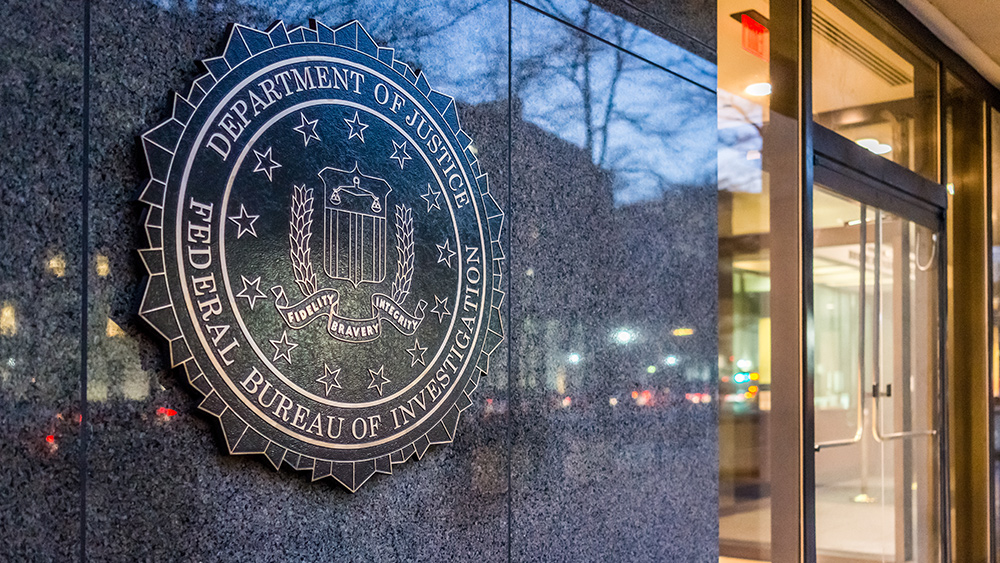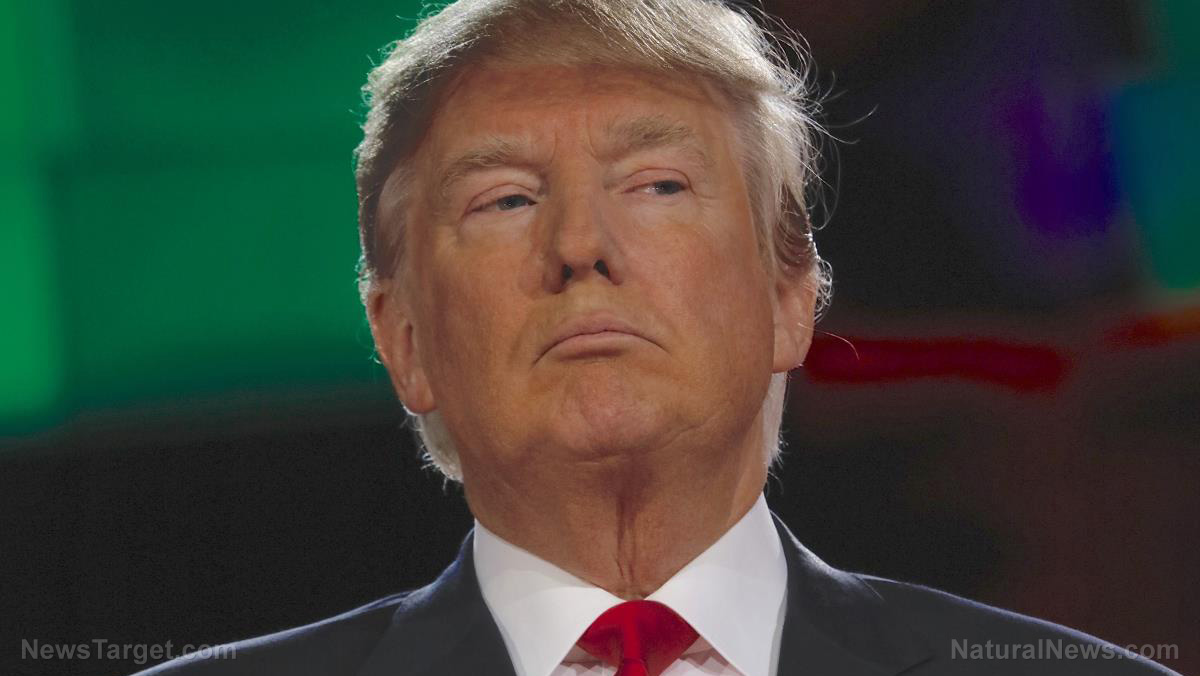 Parler
Parler Gab
Gab
Publicly traded DoubleVerify group also a key member of Censorship Industrial Complex
The stated purpose of the GDI, by the way, is to "remove the financial incentive" that conservative-leaning media outlets have to spread what the left has deemed as "disinformation." Its "core output" is a secretive "dynamic exclusion list" that ranks media outlets based on their alleged disinformation "risk" factor. Some 2,000 different websites are included on GDI's exclusion list, which has already "had a significant impact on the advertising revenue that has gone to those sites." An advertising group called Xandr, which Microsoft purchased from AT&T in 2021 for $1 billion, fully aligns with GDI's exclusion list. Xandr actively punishes content that it considers to be "morally reprehensible or patently offensive," or lacking in "redeeming social value," or that "could include false or misleading information." GDI's advisory panel, which sends its recommendations for exclusion to the likes of Xandr to stop funding, is comprised of various journalists, professors and data scientists. Three advisors in particular are worth mentioning:- Ben Nimmo, global lead for threat intelligence at Facebook's parent company Meta
- Ann Applebaum, a journalist who decided that Hunter Biden's foreign business dealings are not "interesting"
- University of Washington professor Franziska Roesner
- NPR
- Pro Publica
- The Associated Press
- Insider
- The New York Times
- USA Today
- The Washington Post
- Buzzfeed News
- HuffPost
Gov. Newsom of California wants to SCRAP the Second Amendment by pushing new 28th Amendment
By Ethan Huff // Share
COLLUSION: FBI helping Ukrainian authorities censor Twitter users and obtain their info
By Ramon Tomey // Share
Political satirist (me) under criminal investigation in Berlin
By News Editors // Share
Video: Trump promises “final battle” to “demolish the deep state”
By News Editors // Share
The censorship hegemon must be stopped
By News Editors // Share
Governments continue to obscure COVID-19 vaccine data amid rising concerns over excess deaths
By patricklewis // Share
Tech giant Microsoft backs EXTINCTION with its support of carbon capture programs
By ramontomeydw // Share
Germany to resume arms exports to Israel despite repeated ceasefire violations
By isabelle // Share










